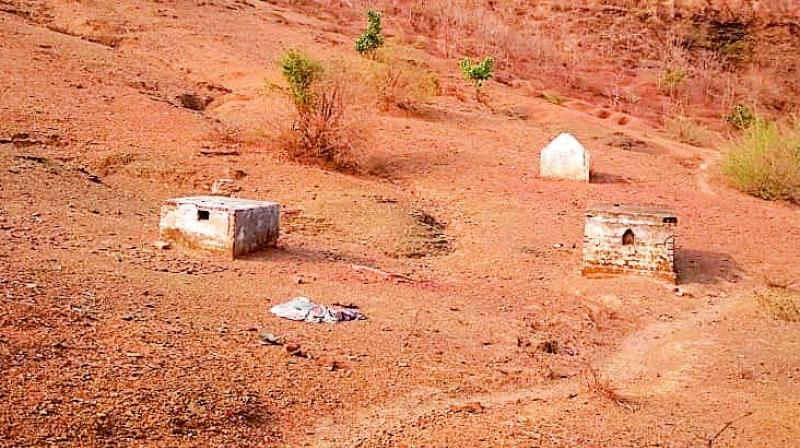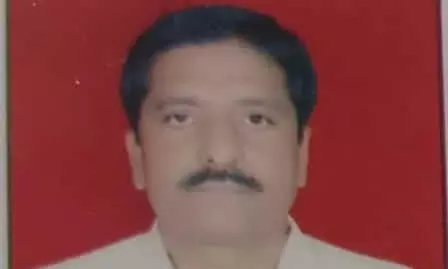Sati' village in Madhya Pradesh adopts distressed women

Panna (MP): The stain is too deep to be eradicated. Nearly 16 years after the gory death of 87-year-old Kuttu Bai who was allegedly driven to commit ‘sati’ by burning to death in the funeral pyre of her nonagenarian husband, the people of Patna Tamola in Madhya Pradesh’s Panna district under poverty-stricken Bundelkhand region are still finding it hard to obliterate the taint the gruesome incident has earned for the village.
Shaken by the horrific incident and the consequent negative publicity it had attracted at the national and international levels then, the villagers have quietly but determinedly initiated moves to rescue damsels in distress in and around the village by socially rehabilitating them as atonement for the tragic end of Kuttu Bai.
“We have taken up community-based welfare measures to rehabilitate the women who turn widows at a young age or deserted by their husbands by solemnising their marriage in their respective ‘samaj’ or society,” local social activist Ramadin Chourasia told this newspaper on Wednesday. The villagers arrange grooms for such women after soliciting consent of their respective family members and marry them off at the ancient Talari Mata shrine at Tawai, nearly 35 from their villages.
The village has hosted over two dozen such marriages in the past four years. The latest beneficiary of the welfare programmes launched by the villagers was 21-year-old Pinki Namdev, a deserted wife whose marriage was performed with another youth of the village with the consent from her and her family members, according to Mr Chourasia.
The village took almost half a decade to overcome the shock over the tragic incident of August 6, 2002. “Our heads hang in shame when our children remind us of the incident by saying that they could find it in Google,” A. Chourasia, a retired school teacher, said, baring his hurt psyche over the terrible incident. Some people had then endeavoured to glorify the incident by declaring the deceased as ‘sati’ to exploit religious sentiments of gullible people in the region. They had performed ‘parikrama’ (circumambulation) of the site of the incident.
Later, the state government as well as the Centre had imposed economic sanction on the village by cutting all kinds of aids as punishment for allowing the tragedy to happen. As many as 17 people in the villages were booked under ‘sati’ Eradication Act, 1987 and four of them were later sentenced to life imprisonment by a local court in connection with the incident. While three of them have completed their jail terms six months ago, the other convict was still serving the sentence. This was the last "Sati" incident recorded officially in India.
A section of people in the village still believed that Kuttu Bai had volunteered to die in funeral pyre of her husband that day because she thought that there would be no one to look after her after his hubby's death since their two sons were living separately then. But, there were whisperings still heard in the village that she was provoked by some people to take the deadly and tragic plunge on the pyre. Curiously, every family in the village has at least one member in the government service serving in different departments, some of whom even as doctors and engineers.

